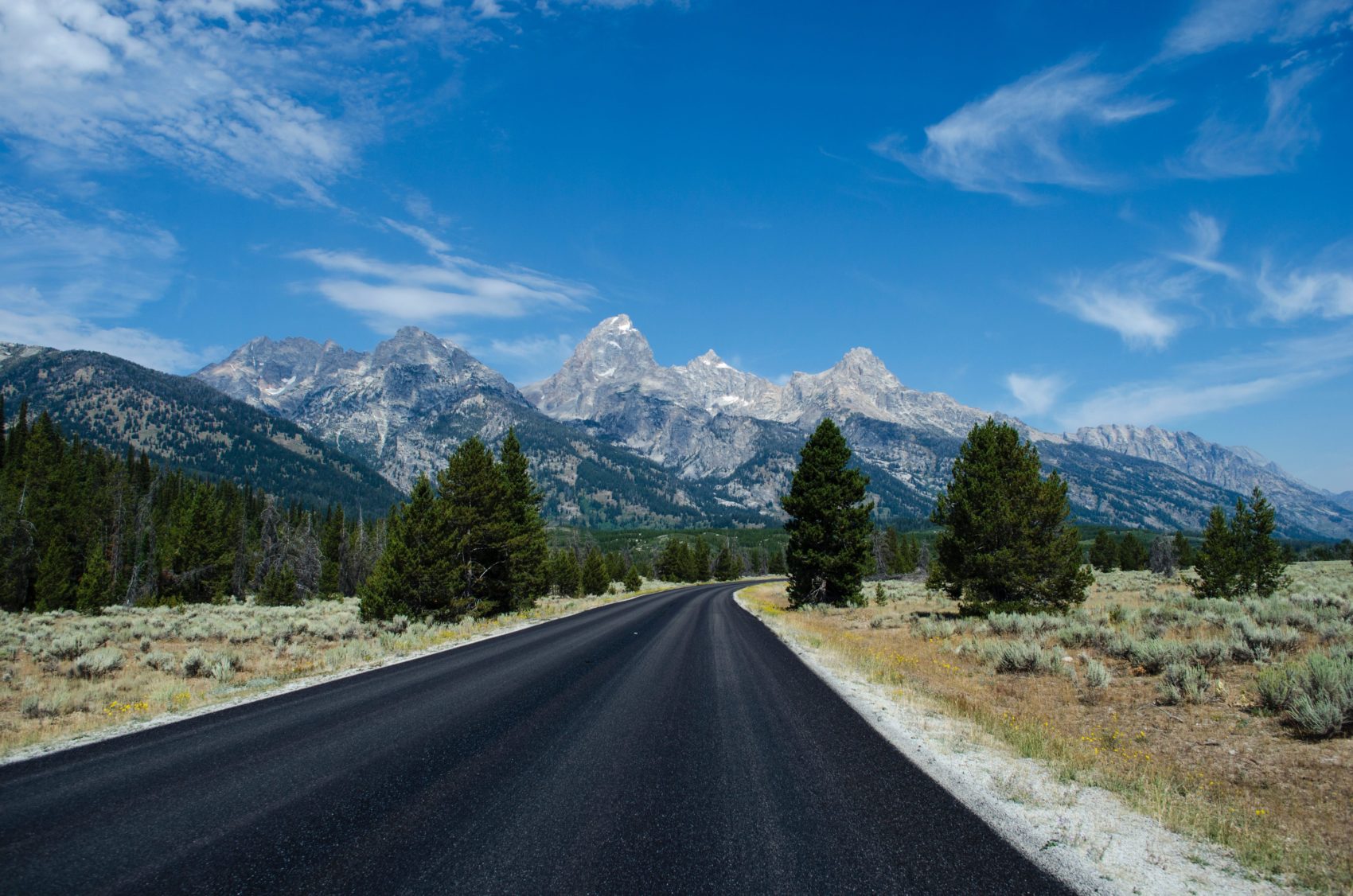
Grand Teton National Park just approved controversial plans for cell coverage on their land in what is the start of the biggest expansion of telecoms coverage in the history of the National Park Service. Nine mobile phone towers and 63 miles of fiber optic cables are to be installed across the 310,000-acre Grand Teton Park in Wyoming.
The approval goes against the will of campaigners who battle to maintain peace and serenity in the wilderness across the US.
“It’s a harbinger of what’s to come,” warned Jeff Ruch, Pacific Director for Public Employees for Environmental Responsibility (PEER), which has campaigned against the expansion. “Even if you don’t have your phone on you, it now means that the person next to you can be streaming music, downloading a movie, or hunting Pokemon. You’re depriving people of the ability to disconnect.”
Ruch told The Sunday Telegraph that the Grand Canyon is next, with five cell phone towers scheduled for approval. Plans are also in the works for Olympic National Park in Washington state; Crater Lake in Oregon; Lake Mead in Nevada and Arizona, and southern Utah’s Bryce Canyon, he said.
From next year, the 3.5-million annual visitors to the Grand Teton National Park will be able to use their cell phones all over the park. Managers at nearby Yellowstone National Park have recommended a move to block new wireless infrastructure, and reducing or relocating existing ones. As it stands, cell phone reception is deliberately limited to the hotel areas, so that the vast majority of the park is reception-free.

The NPS has been without a permanent director since January 2017, when Jonathan Jarvis left the job, having served as director for eight years under Barack Obama. Donald Trump’s administration is yet to push a new appointment through the Senate.
“They are violating their own rules on public consultation, and providing coverage maps,” said Mr. Ruch. “We’ve sued them for information. But they shrug it off. This is becoming par for the course.”
Denise Germann, a spokesman for the park, said the management was thrilled to increase their cell coverage.
“I think our employees are pretty stoked about being able to have better internet and cell service in their personal lives. It’s huge with recruiting and retaining employees.”
Daniel Noon, planning chief for the park, told the JH News and Guide he was proud of the unprecedented development, finally authorized last month after years of planning.
“We’re the first park to comprehensively look at fiber-optic and cellular infrastructure,” he said.




